 |
| Thai Nguyen Newspaper reporters working at the facility. |
Press releases will be personalized
With the current explosive growth of artificial intelligence, in the near future, the concept of a newspaper or news site for everyone will gradually become obsolete. Instead, each individual will have an "information profile" that is synthesized and analyzed by AI based on preferences, interests, interaction history, and even current emotional state. At that time, each person's phone or smart device will not only be a tool to provide information, but also an understanding friend.
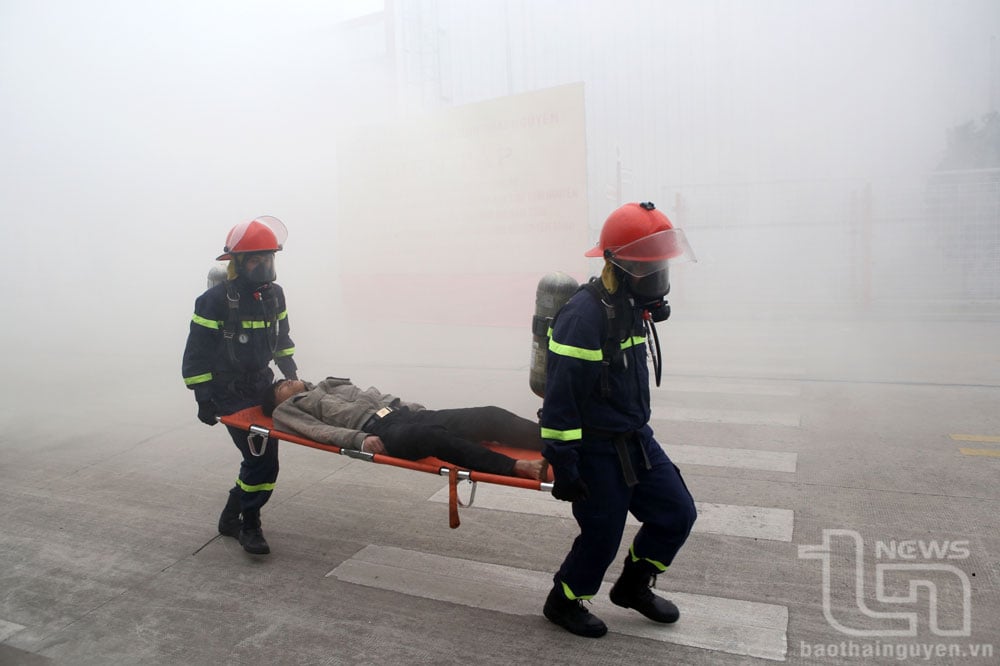 |
| In any circumstance, journalists must be the ones to "breathe life" into words and images to "paint" stories that move hearts, provoke thoughts and inspire. |
One day soon, users will no longer have to wait for a fixed broadcast time or publication schedule of a news or newspaper. Important information will be sent to listeners and viewers proactively, as soon as it appears and is verified. AI will even “grasp” each individual’s information intake habits to make appropriate suggestions at the right time they need it.
AI - assistant and partner of journalists
With its explosive growth and growing influence, AI is no longer just a supporting tool but also an indispensable part of the news production and distribution process. First, AI can automate steps such as data collection, information analysis, basic news writing, graphics creation, and even video editing. This saves journalists a lot of time and effort, allowing them to focus on tasks that require more creativity and expertise.
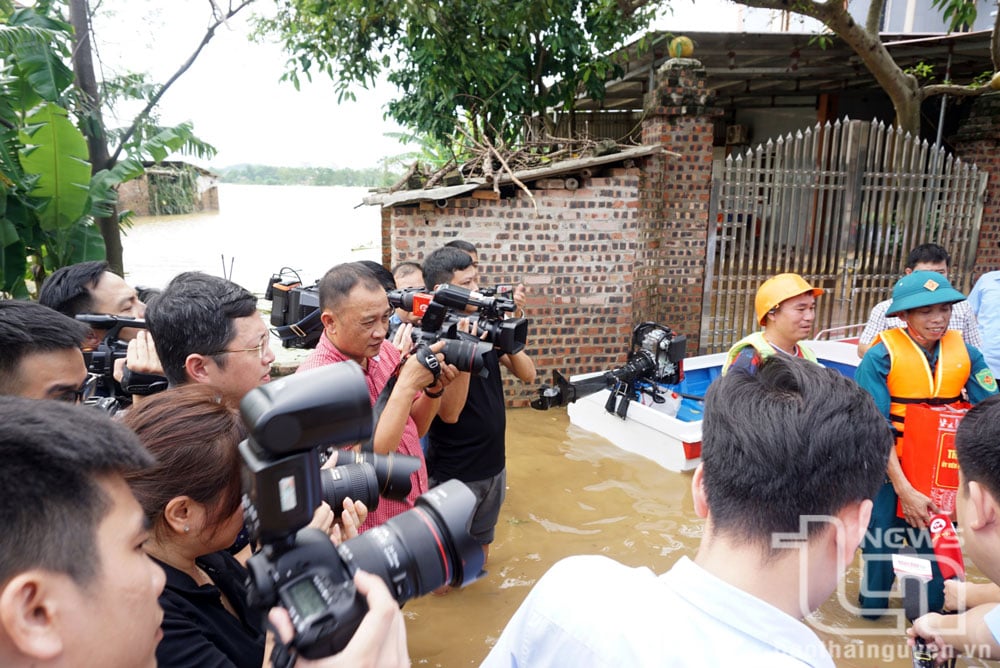 |
| Journalists are present at the scene to record and convey truthful information to the public. |
In addition, AI can quickly and accurately check and verify information, helping to reduce fake news and misinformation. AI-powered translation tools also help news agencies access international information more easily. Not only that, AI can also analyze big data to help newsrooms understand their readers, predict information trends and make the right strategic decisions. Finally, AI-powered chatbots and virtual assistants can interact with readers naturally and effectively, answering questions, providing information and collecting feedback, and even participating in discussions.
Not small challenges
The above analysis and forecasts show that future journalism will be both an opportunity and a big challenge for newsrooms and journalists in the face of the continuous and strong “invasion” of social networks, artificial intelligence, and big data. In recent years, the “competition” for information has not only taken place in newsrooms but also between journalists and social networks, becoming increasingly fierce and tense.
At the same time, the collection and analysis of large amounts of user data from AI raises serious concerns about privacy and personal information security. Furthermore, excessive personalization of information can lead to each user only being exposed to information that reinforces their existing beliefs, creating "information bubbles" and increasing polarization in society. Information recipients can easily "immerse" themselves in the " world " they are accessing, paying little attention to the diverse, multi-dimensional information of the world.
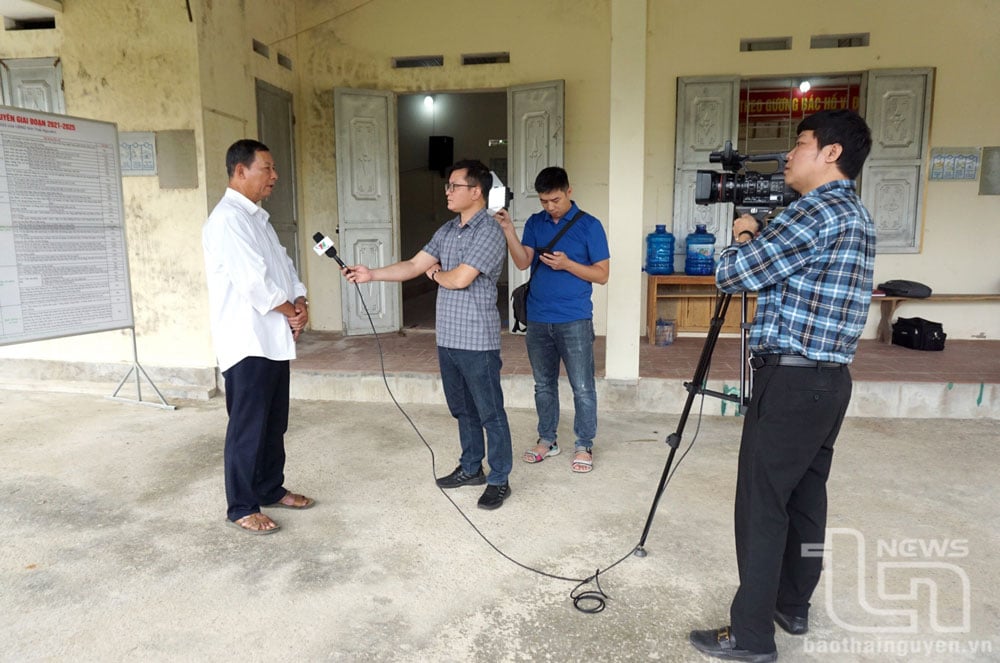 |
| Thai Nguyen reporters and journalists working at the facility. |
In the digital age, one of the challenges and also the top concerns of press agencies is the issue of revenue and press economics. Currently, the issue of generating revenue through media contracts of the press has been and is facing many difficulties.
The "profession" of future journalists
Artificial intelligence, social media, personalized journalism… and other major challenges inevitably have a strong impact on newsrooms in general and the role of journalists in particular. Journalists must be the ones to “breathe life” into words and images to “paint” stories that move hearts, provoke thoughts and inspire. Creativity, unique perspectives and the ability to connect emotionally with readers will be valuable qualities. Instead of simply reporting news, each journalist will become an expert in their field, providing in-depth analysis, multi-dimensional perspectives and new discoveries to provide information recipients. Not only that, journalists must be the ones to “keep the fire” of ethics.
To do that, every journalist needs to constantly learn, improve their knowledge, maintain their passion for the profession with a humanistic spirit, and master technology. Journalists need to proactively create "intersectional spaces" for information, encourage readers to approach different perspectives, and promote multi-dimensional dialogues. Adaptability, creativity, and responsibility will be the key for the journalism industry to overcome fluctuations and continue to play an important role in providing information, orienting public opinion, and protecting human values in an increasingly complex world.
Source: https://baothainguyen.vn/xa-hoi/202505/bao-chi-the-gioi-nam-2050-ranh-gioi-mong-manh-giua-nha-bao-cong-chung-va-cong-nghe-f743806/







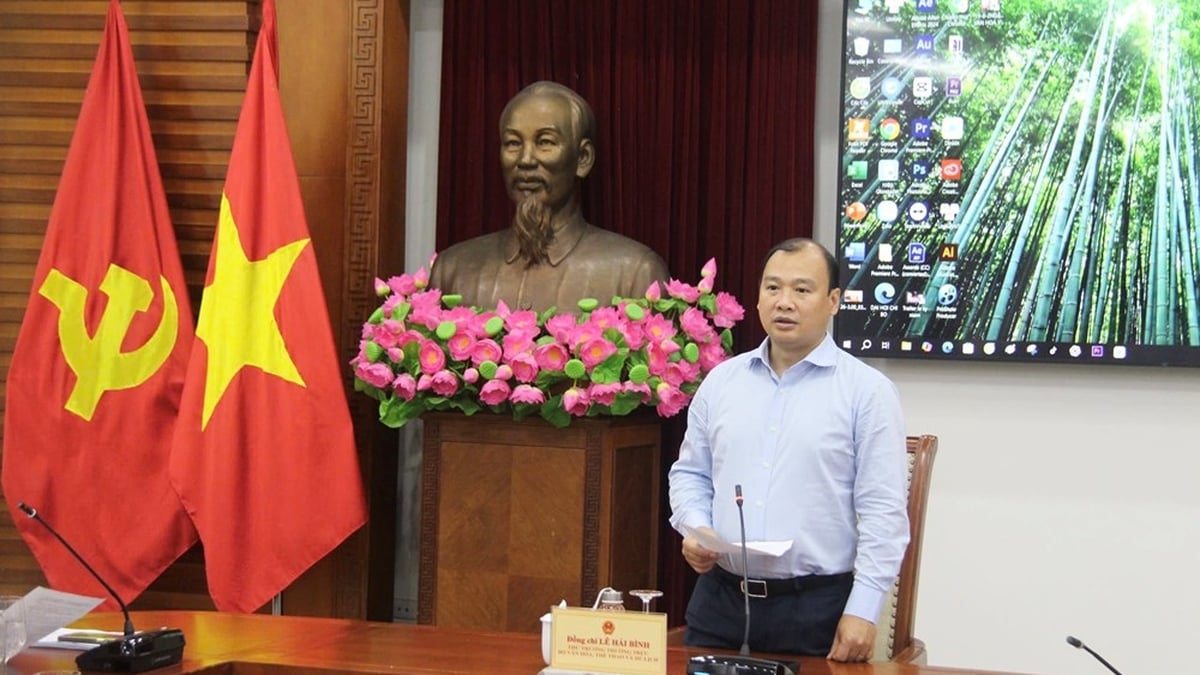



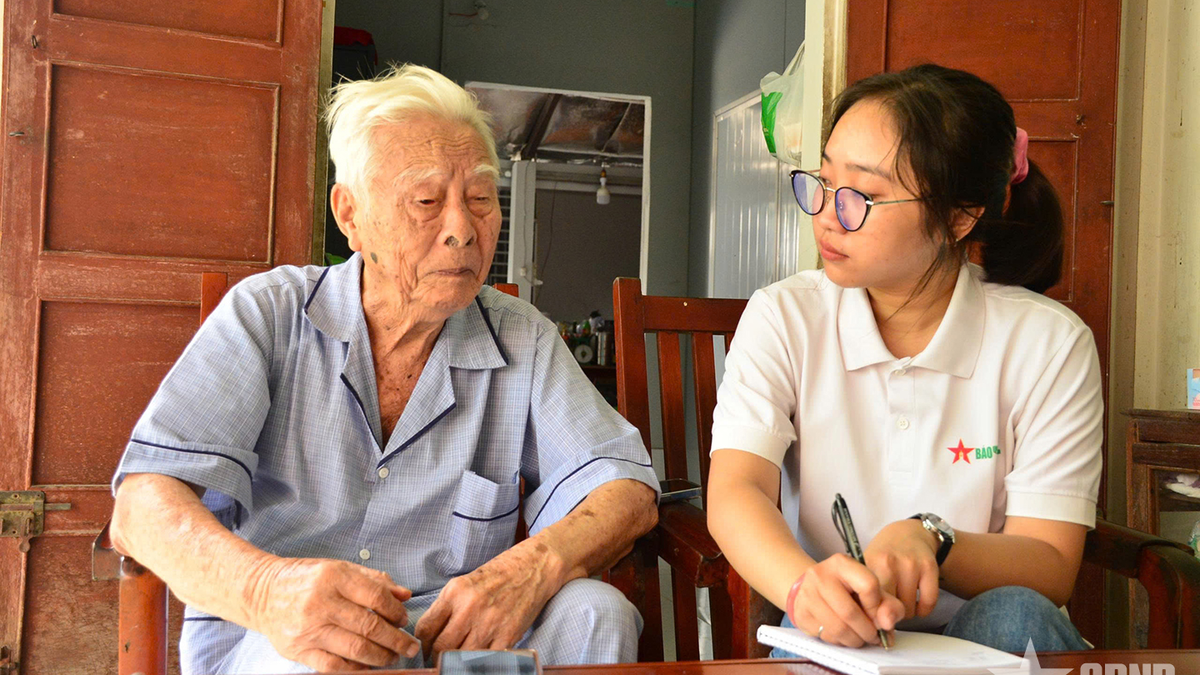










![[Photo] General Secretary To Lam attends the inauguration and groundbreaking ceremony of 250 projects to celebrate National Day](https://vphoto.vietnam.vn/thumb/1200x675/vietnam/resource/IMAGE/2025/8/19/3aa7478438a8470e9c63f4951a16248b)
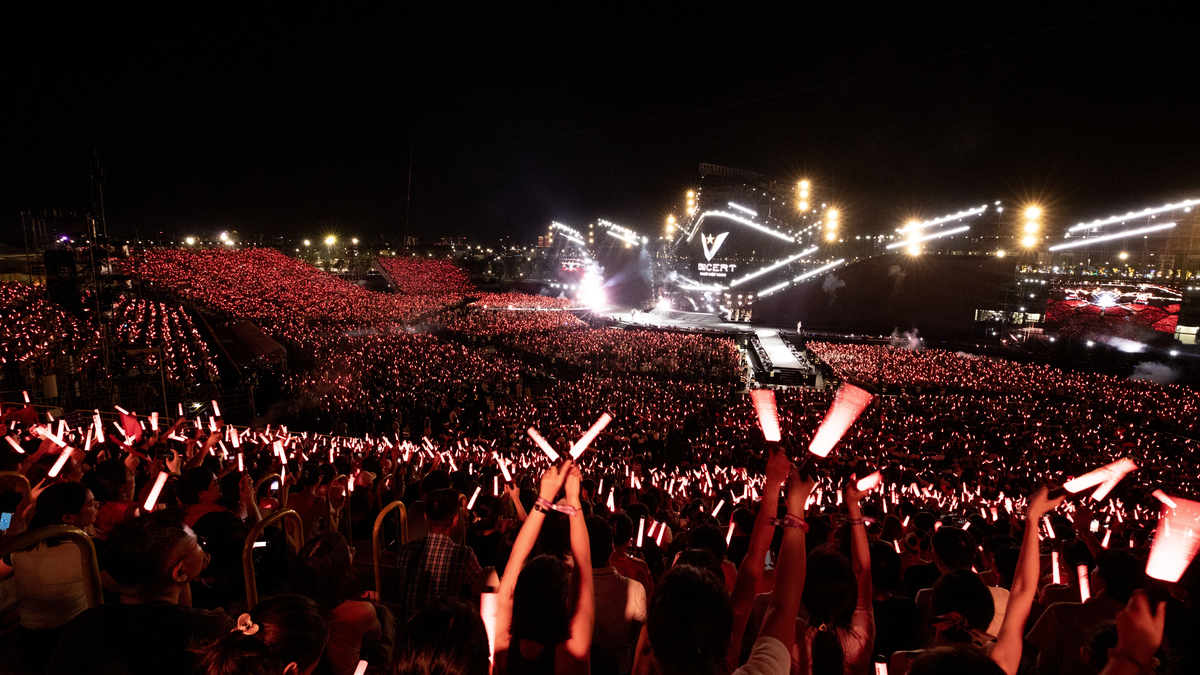
![[Photo] Politburo works with the Standing Committee of Da Nang City Party Committee and Quang Ninh Provincial Party Committee](https://vphoto.vietnam.vn/thumb/1200x675/vietnam/resource/IMAGE/2025/8/19/b1678391898c4d32a05132bec02dd6e1)

![[Photo] Close-up of the first International Financial Center building in Ho Chi Minh City](https://vphoto.vietnam.vn/thumb/1200x675/vietnam/resource/IMAGE/2025/8/19/3f06082e1b534742a13b7029b76c69b6)
![[Photo] General Secretary and Prime Minister visit the National Exhibition and Fair Center](https://vphoto.vietnam.vn/thumb/1200x675/vietnam/resource/IMAGE/2025/8/19/f4503ad032d24a90beb39eb71c2a583f)
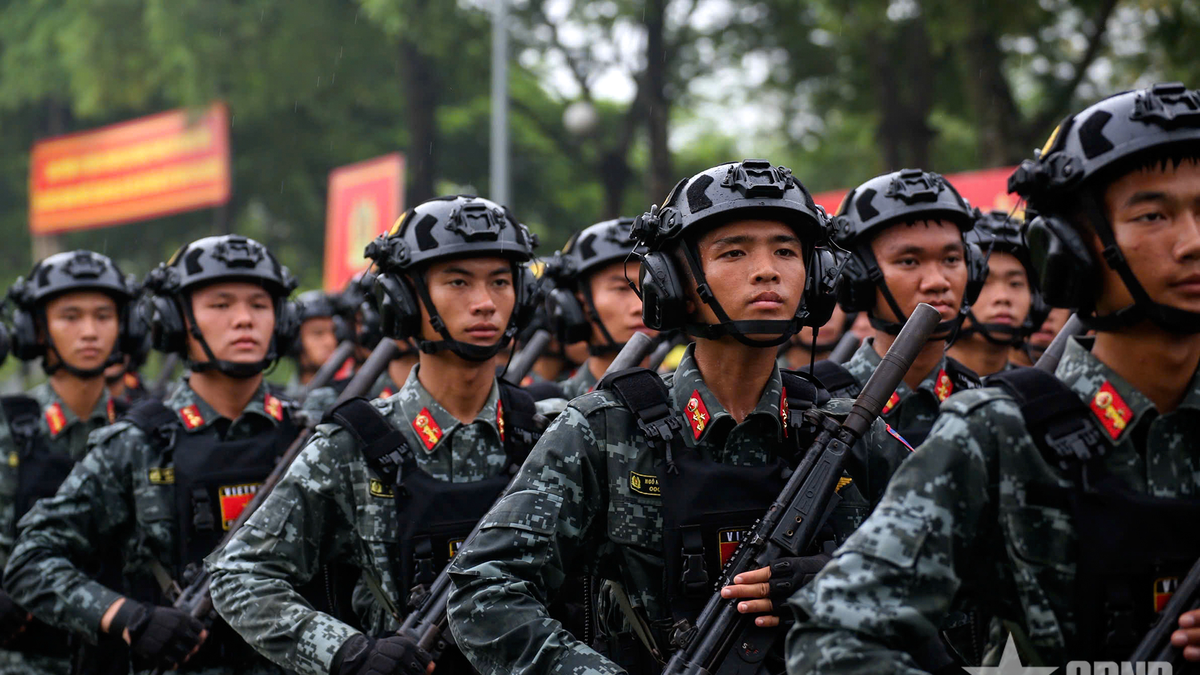
![[Photo] President Luong Cuong's wife and Queen of Bhutan visit Tran Quoc Pagoda](https://vphoto.vietnam.vn/thumb/1200x675/vietnam/resource/IMAGE/2025/8/19/62696af3852a44c8823ec52b03c3beb0)














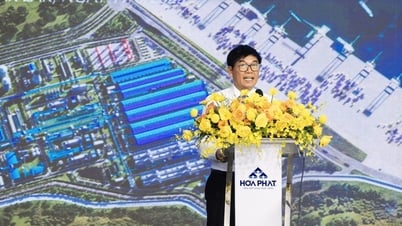












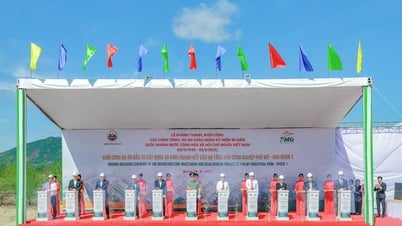
















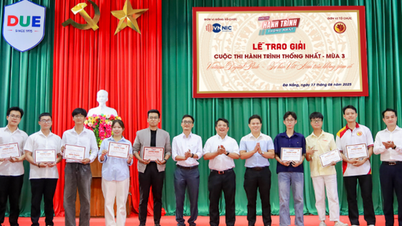








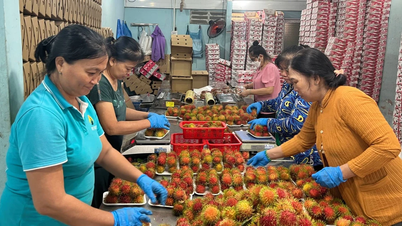


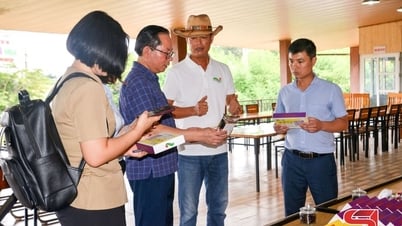



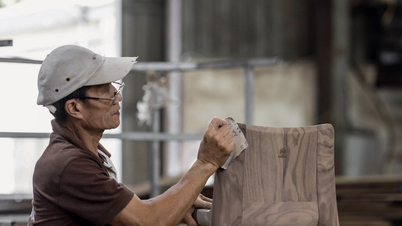







Comment (0)